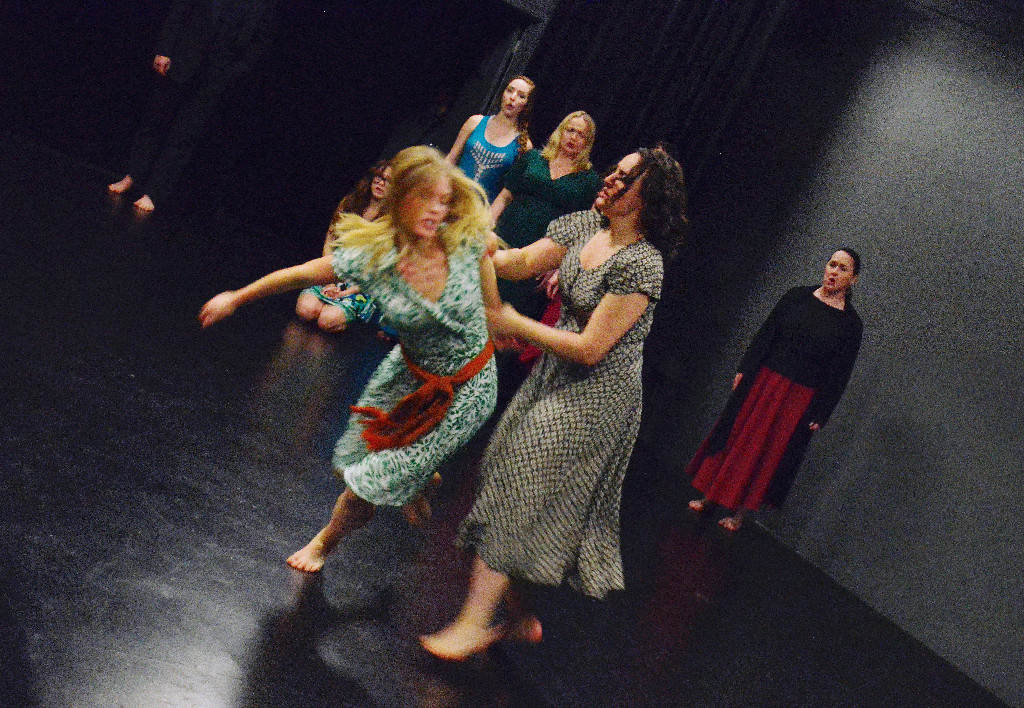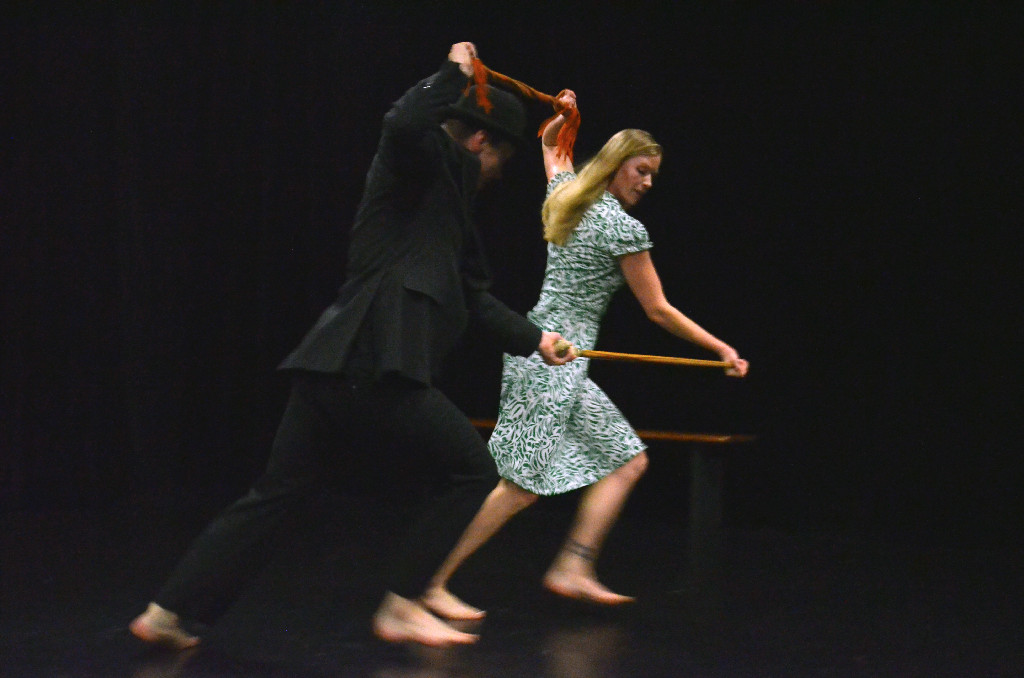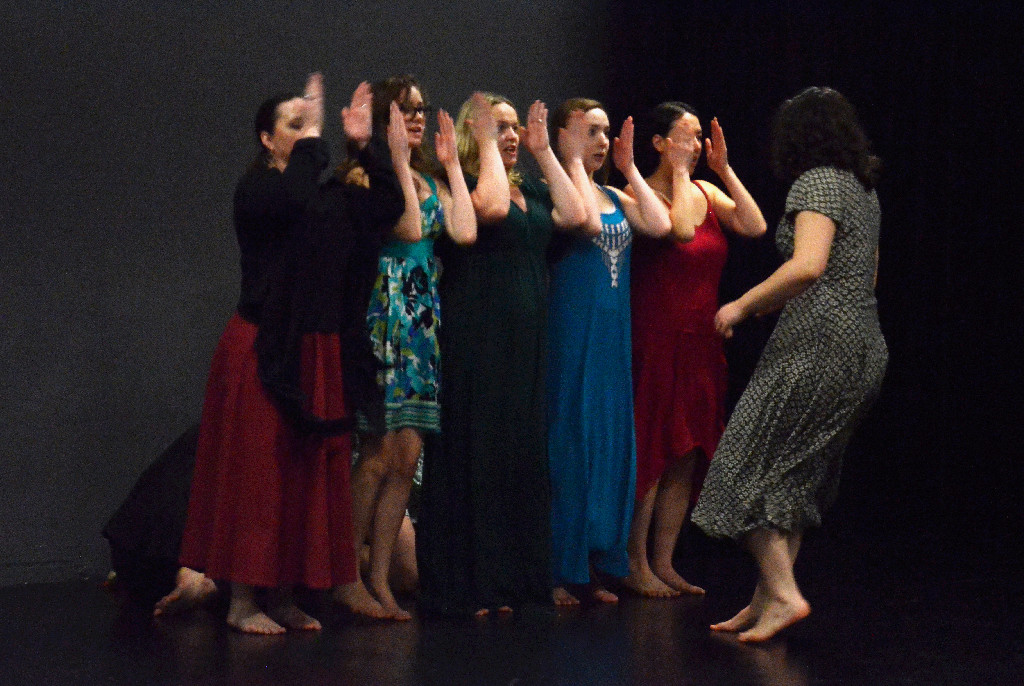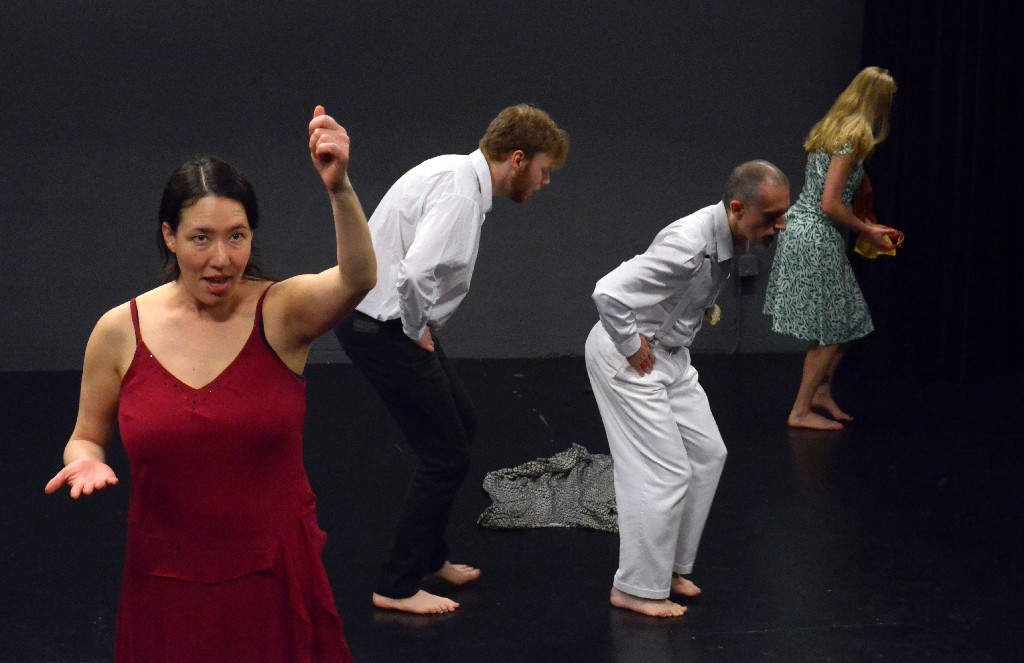Prompted by a question about reviewers that was posted in the Facebook group, Seattle Theater Writers, I drafted a substantial enough response to merit sharing here, as well… especially given a related conversation I took part in with Ohio friends earlier this week.
ORIGINAL QUESTION:
Out of curiosity and some frustration I am inquiring about the following. It has always been my understanding that there is an informal contract signed between the inviting organization and the reviewer that there will be a review written of the show that the reviewer attended. After a production in which we have had three reviewers come to review it, none of whom wrote an actual review, I am just curious if my understanding of this contract was based in an actual understanding or rather some naiveté. Or if instead it is representative of the seattle freeze of rather than saying people didn’t like something, they just don’t say anything at all. Thoughts?
MY RESPONSE:
As a former managing editor of a newspaper and editor of a feature magazine; a sometimes reviewer of theatre, dance, music, art; a doctoral candidate in theatre history & criticism; and a maker and producer of theatre, I have a lot of thoughts on this matter.
Short version:
There is NO circumstance (except, perhaps, death or act of God) to justify any person or organization taking a review comp and then NOT publishing a review (or not publishing the review in a timely manner). NONE.
Additional comments for those with stamina:
- If you didn’t like the show — and you believe that means there is nothing to be said or that you are doing the artists or the audience some kind of service by being silent — then you do not understand the work, should not be representing yourself as a reviewer, and should NEVER accept a review comp. To be clear: YOU ARE NOT A REVIEWER, no matter how many times you have published your thoughts about pieces you have seen.
- If an editor pulls the plug on a review due to publication constraints (actual column-inch print issues due to other breaking news or the editor’s own planning incompetence, not problems regarding whether the writer could make deadline), then letters need to be sent to that editor and publisher requesting payment for the cost of the reviewer’s ticket. And if that editor’s behavior continues, and your org pays for advertising, you need to talk to your account manager about pulling your business. (And if that kind of problem is encountered regularly with a publication with which any cooperative advertising is in place, then the advertising cooperative needs to decide as a group how it will handle the publication’s failure to produce to expectation.)
- Any writer not affiliated with a publication that vets contributors through a hiring/contract and editorial process who is not willing or able to operate with the same standards of professionalism and quality as expected of said publications, should NEVER accept review comps.
- Whether a writer is publishing on a personal blog or a publication that instructs readers about what to see has NO BEARING on whether they should be exempted from writing a review if they accepted a comp ticket. You took a free review ticket? It’s now your job to produce a review — and to do so in a timely manner.
- Any reviewer (independent or otherwise) or publication unwilling or unable to PUBLISH a review within days of having seen the production — generally less than a week… as in, by the Thursday before the next weekend… in time to have an impact on the next weekend’s ticket sales — needs to let the producing organization know what the expected publication schedule will be PRIOR to accepting any review comps. No oopsies. The arts sections of publications aren’t generally ruled by the same breaking news variables as the rest of the papers. I always knew a full month in advance, at least, what my arts sections were going to look like. Anyone who tries to convince you otherwise is full of shit. And independent publishers/bloggers have even more control over their publication schedule so… even more full of shit and, moreover, NOT a legitimate reviewer.
- Any person who represents him- or herself as a reviewer, accepts one (or more) comps, and does not publish a review is stealing from the arts org — except under my aforementioned death or act of god exceptions. If they don’t produce a review at all, INVOICE THEM for the ticket. They aren’t a charity, but your org probably is. At least if you invoice them you have documentation for writing it off as bad debt.
- If you are a producing organization, you have a responsibility to know who the reviewers are and whether the “named” online publications function professionally or more “loosely.” Do not give legitimacy to incompetent reviewers or erratic publications by giving them comp tickets. If they’re not capable of approaching your work with critical acumen or intellectual contextualization — going beyond the vapid “I liked it” / “I didn’t like it” garbage we so often see that’s supported by nothing more than plot synopses and a general run-down of the actors (maybe sprinkling in references to other things they’ve been in) — then they are NOT reviewers, they are NOT doing anything more than your well-written press release already does, and they do NOT deserve your free ticket unless you really, truly think it’s worth limiting your potential revenue for that.
- If you are a producing organization and are about to give a person or publication rep a review comp: (1) You have every right and responsibility to ASK first what date they expect the review to be published. If they don’t know, don’t give them a ticket until they do. If the intended publication date is not going to be early enough to have any impact on your bottom line, tell them, ask them if there’s any way it can be moved up, and if it’s still going to be too late then don’t give them a ticket. (2) With anyone not reviewing for a known, regularly published media outlet, you need to make it utterly clear that you are giving them a ticket only with the understanding and condition that they are going to produce a review – and do so in a timely manner — and that if they don’t, they will be invoiced and responsible for payment of the ticket after the fact.
- If you are a producing organization and are asked for comp tickets by someone you’ve never heard of who is claiming to be a reviewer, ask for credentials. Do some research. Find out if they’re legit. If they work more independently, actually assess their work (what have they reviewed that you or someone you know also saw?). THEN decide if you want to reduce your revenue by the cost of their ticket.
- If you are a producing organization, you should never feel OBLIGATED to give more than one ticket to any reviewer. A reviewer can ask nicely — and you can decide whether you have sufficient business reason or ability to give away an extra seat to THAT particular person/publication for THAT particular show — but they should not expect more than a single comp ticket for themselves because it’s all that’s required for them to do the job they are there to do. Their primary purpose for being there is to work — to do a JOB — not to fund their personal date night. And funding their personal date night certainly isn’t YOUR responsibility. I don’t take my spouse to my workplace, and unless you and your spouse work together you don’t, either. Remember: their spouse or date or person reeled in off FB at the last minute is NOT going to write a review and is not going to feel responsible for talking up your show or convincing anyone else to buy a ticket. If you have extra free tickets to give away, give them to the cast, whose friends and family are far more likely to have an impact on your bottom line by spreading the word.
- Producing organizations need to communicate with each other about people who take a review comp but don’t produce a review — or don’t produce a review in a professionally timely fashion — and EVERYONE should stop inviting those people to their shows. Name names. Those people are not reviewers, they are arts enthusiasts. Let them buy tickets like the rest of us. We should not subsidize their personal entertainment.
For those who may not remember: Joe Boling, who attended more performances in some years than there are days and who, if memory serves me, even sacrificed a relationship to feed his theatre passion — who wrote copious numbers of reviews (all of which called it like he saw it, no squishy “feelings” bullshit pulling of punches) and compiled end-of-year “top” lists that were actually representative of the broad range of local activity and WORTH paying attention to and celebrating — purchased the tickets to every show he attended. Whether he reviewed or not. And he refused to accept a comp even if you begged him to take one from you out of mere appreciation for his project and desire to help support him in continuing the effort. The man bought every ticket.
Let there be no doubt or confusion: We have more ability to shape the critical climate around our work than we tend to think. We need to stop diminishing our work by legitimizing incompetent reviewers and a sub-par critical environment. We need to celebrate and support those reviewers who actually write with critical acumen, who craft quality observations and prose WORTHY of the time and effort we pour into creating our work — and we all know that means supporting them whether their review is glowing or less favorable than we might have hoped.
Last thought for the moment: The two people I consider our region’s top reviewers do this for free. Every now and then you should kick them something via “Tip the Web” or whatever mechanism possible. Not to buy their opinion, but to fuel their capacity and enthusiasm to go on in a difficult and often thankless role.


















